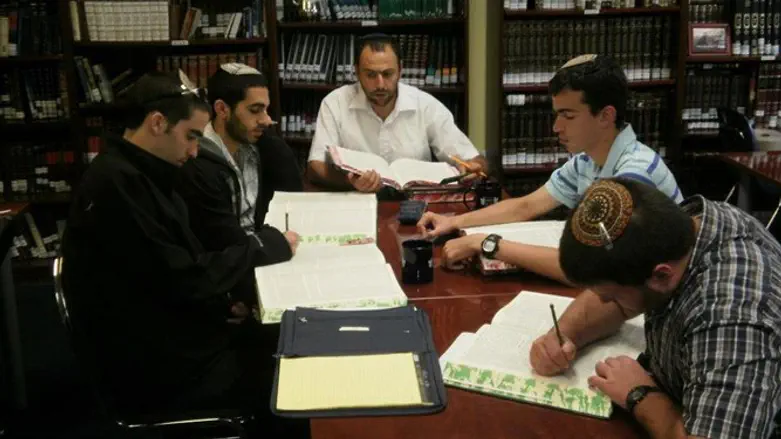
This week's Dvar Torah is by Rabbi Adam Friedmann, member of Yeshiva University Torah Mitzion Beit Midrash Zichron Dov in Toronto, currently studying at the Eretz Hemdah Institute
In the parshah Bnei Yisrael are instructed to destroy any avodah zarah, idolatry, that they encounter upon entering Eretz Yisrael. The reasoning for this in the Torah includes an interesting phrase: “Do not bring the abomination into your house lest you become proscribed (cherem) like it...” (Devarim 7:26).
What does it mean that we will become like the avodah zarah?
In several places the Gemara uses thiis verse (pasuk) to explain why things which derive themselves from items of avodah zarah inherit the avodah zarah status. For example the refuse of an animal used for avodah zarah is prohibited like the animal itself (Temurah 30b).
The reasoning given by the Gemara: The things which bring us into being, impart their characteristics upon us. The Gemara employs this principle in a halakhic sense. However, this reasoning may also explain the simple meaning of the pasuk.
The things which we desire, value, and revere transform us. Over time we imbibe their characteristics. The prophet Yirmiyahu (2:8) reflects the same idea when he chastises Bnei Yisrael for “following after emptiness and becoming empty”. The danger of a Jew having an idol in the house is that he will end up respecting and revering it and then it will fill him with all the deceitful emptiness that it is associated with, and transform the Jew into someone that requires spiritual quarantine.
On the other extreme, the parshah sets up the positive requirements of reverence as well, centered around God. We are commanded to be in awe of God, to serve Him, cleave to Him, and swear in His name (Devarim 10:20). He is the source of our pride, and the object of our love. (10:21)
Why? Because He is the God who took us out of Egypt. The all-powerful God who doesn’t show favor or take bribes, who does justice and cares for the orphan, widow and stranger. These are the values that we must give pride of place our homes. Centering our lives around God, what He has done and what He has taught us, triggers precisely the same mechanism as reverence for avodah zarah, but with the opposite effect. In this case we are “brought into being” not as empty people but as holy ones, imbued with great spiritual and ethical capacity.
What idols sit on the tables of our homes and in our hearts? The Torah is warning us that their influence on us is far from superficial. It will not stop until it transforms us completely. Is this really what we want for ourselves and our families? Instead, the Torah invites us to place God at the center of our lives so that we can be brought into being anew in His image, and follow in His footsteps.
comments: [email protected]
Torah MiTzion stands in the forefront of the battle for the future of the Jewish people in the Diaspora, offering religious-Zionist Torah scholarship to Jewish communities throughout the world and strengthening the bond between the Jewish people in the Diaspora and in Israel via the study of Torah.